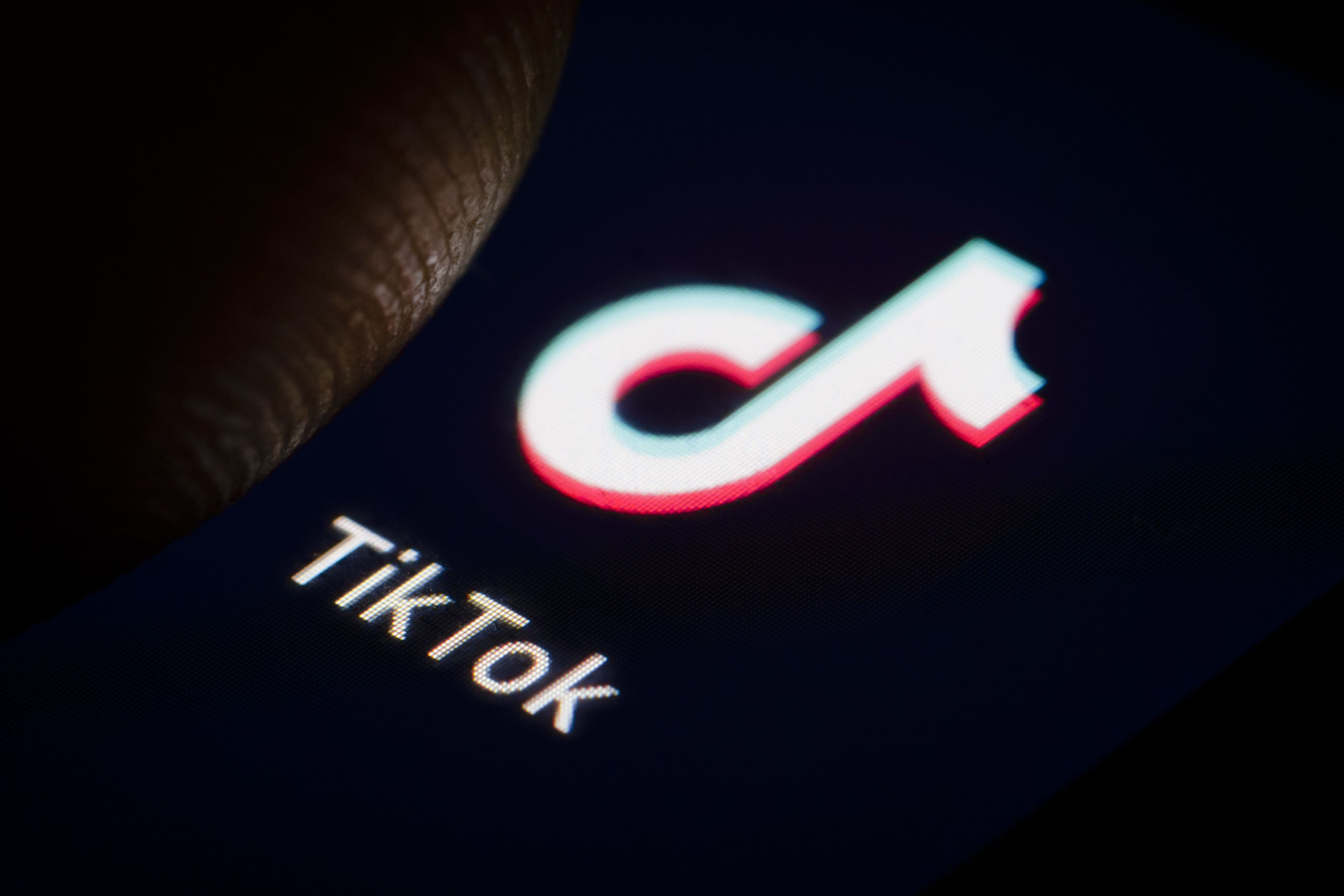
The Logo of social media app TikTok (also known as Douyin) is displayed on a smartphone on December 14, 2018 in Berlin, Germany.
Thomas Trutschel | Photothek | Getty Images
The U.S. is ratcheting up pressure on Chinese technology firms and that may be a long-term strategy that continues — even if a trade deal is reached, one expert told CNBC.
Popular Chinese app TikTok is the latest company in Washington’s crosshairs.
A U.S. regulatory committee — the Committee on Foreign Investment in the United States (CFIUS) — contacted the app’s parent company Bytedance over concerns that its 2017 acquisition of social media app Musical.ly, could be a national security risk, a person familiar with the situation told CNBC.
The Trump administration’s focus on Chinese tech giants is due to national security concern and worries about the competitive threat to American firms, experts told CNBC. They said it could potentially be used as a leverage in trade negotiations — but even if a trade deal is reached, Chinese technology firms will not be in the clear.
Earlier this year, telecommunications equipment maker Huawei was put on a U.S. blacklist which restricts the Chinese company’s access to U.S. technology. Washington holds the view that Huawei presents a national security risk because its networking gear could be used by Beijing for espionage.
The Trump administration has sought to persuade other governments to ban Huawei from the next-generation mobile networks, known as 5G. Huawei has repeatedly denied the U.S.’s allegations.
Washington has also been pushing the government of Taiwan to restrict Taiwan Semiconductor Manufacturing Company (TSMC) from selling chips to Huawei, according to a Financial Times report on Monday.
A TSMC spokesperson told CNBC the company has not received any requests from the U.S. or Taiwan government to stop shipping chips to Huawei.
Last month, Washington expanded its blacklist to include a number of Chinese surveillance firms including Hikvision, one of the world’s biggest companies for such technology.
Trade war leverage?
The U.S. and China’s trade war continues to wage on and technology has become a key part of that. Issues such as intellectual property rights are being discussed in ongoing negotiations. But experts also see Trump’s willingness to go after market leaders like Huawei as a way to slow down the progress of Chinese technology globally.
Some have also suggested that Huawei could be used as a bargaining chip to secure a favorable trade deal. The latest pressure on U.S. technology could be an extension of that.
“It has announced these moves in the backdrop of a trade war, in which President Trump has shown a willingness to use unconventional measures as leverage against the Chinese,” Dan Wang, technology analyst at macroeconomic research firm Gavekal, told CNBC.
China and the U.S. are moving toward signing a “phase one” trade deal. But moves against Chinese technology could be part of a longer term game, even if the trade war does finally end.
“Concerns about Chinese technology — from a national security, human rights, and tech competition perspective — will continue if and when a trade deal is done,” Adam Segal, Ira A. Lipman chair in emerging technologies and national security at the Council on Foreign Relations, told CNBC. “The escalation seems like part of a long term ratcheting up of pressure on China on technology.”
China competitive threat
Experts told CNBC that the competitive threat from Chinese companies to U.S. corporations could also be a reason behind Washington’s recent increased pressure.
“The US government writ large is concerned at the possibility of being overtaken by China in key areas of technology and the Huawei/5G issue can be seen in this context as a latter-day Sputnik moment — the day the US realizes it had dropped the ball,” Nigel Inkster, a senior advisor at the International Institute for Strategic Studies, told CNBC.
“Sputnik moment” refers to when the Soviet Union beat the U.S. in launching the first artificial earth-orbiting satellite into space. Where 5G technology is concerned, there is no American competitor to Huawei.
Meanwhile, social media app TikTok has faced criticism including allegations that it censors content deemed sensitive by Beijing, as well as concerns about how it processes user data.
But Washington’s probe of the company could also be about looking to shield some social media firms in the U.S., such as Facebook and Snap, from the competition TikTok poses, analysts say.
“Some may argue that perhaps it is because China has a digital company that is now growing significantly in the West and the U.S.,” Neil Campling, head of technology, media and telecoms research at Mirabaud Securities, told CNBC when asked why CFIUS could be looking into the app now.
Campling also highlighted how Huawei is the number one telecom equipment vendor in the world, while Hikvision is the top surveillance technology company. Meanwhile, TikTok has had “record breaking app downloads.”
“The first two have been subject to U.S. trade restrictions — and now ByteDance is the subject of a CFIUS review. Coincidence?” Campling said.
<![CDATA[
img { max-width: 490px; } .bodycontent { margin-bottom: 20px; } .form-field {margin-bottom: 10px;} @media only screen and (max-width: 780px) { .widget-header > img { width: 100%; max-width: 100% !important; } } ]]]]>
]]>

